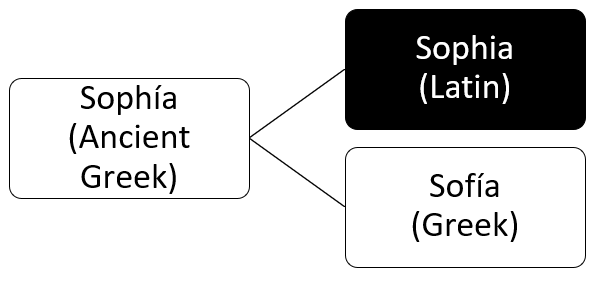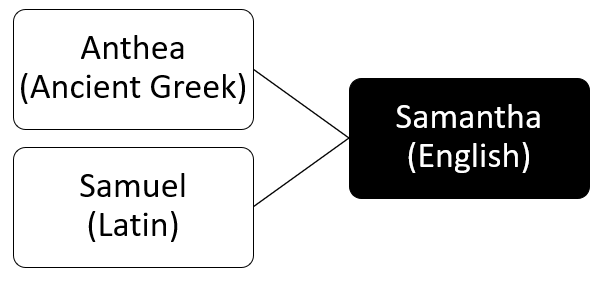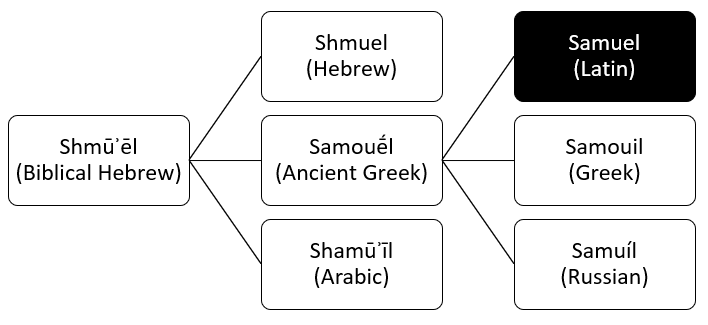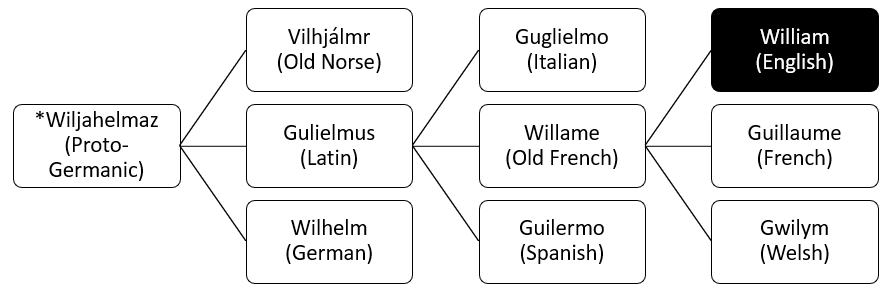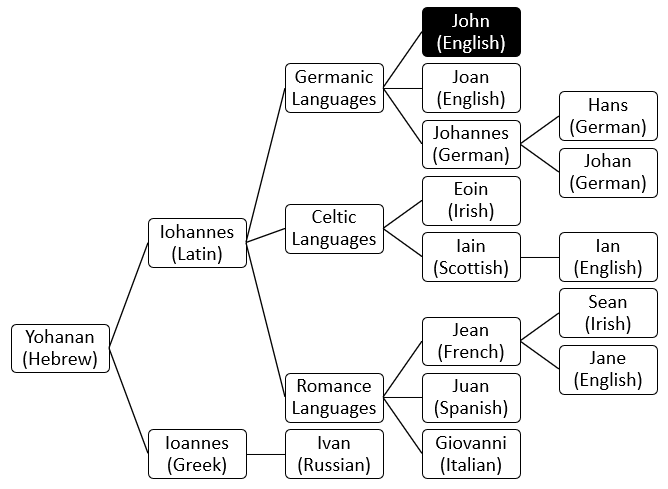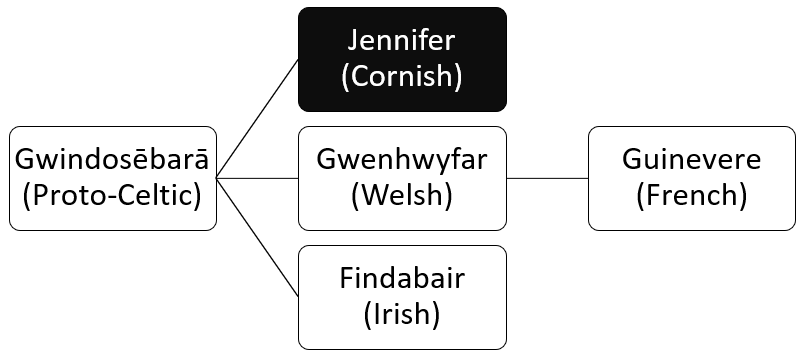Sophia, your name is really cool! It is an Ancient Greek name made from the word “Sophos – Skilled, Clever, Wise” and the feminine suffix -ia. It’s a truly ancient name that has changed very little from antiquity. We’ll translate it as “Skilled/Clever/Wise One.” Quenya Quenya separates the concepts of
Your Name in Elvish
Samantha in Elvish
Samantha, your name is so cool! Its past is really mysterious. It’s reportedly from Biblical Hebrew and is a feminine version of Samuel, but it doesn’t appear in the Bible and it can’t be understood in Hebrew. We don’t have records of the name until the 19th century, where it
Samuel in Elvish
Samuel, your name is really cool! It’s the name of a biblical figure and has been borrowed into many languages, wherever Abrahamic religions show up. It has two possible meanings. The first is Shmū’ēl “Name of El Elyon.” The second is based off the passage in the Torah describing why
Melissa in Elvish
Melissa, your name is really cool! And cute. It means “honeybee.” We find it in Greek Mythology as the name of the Nymph who saved and raised Zeus, and it has changed little from antiquity. I also happen to really love how this name sounds, but I’m a weirdo linguist,
William in Elvish
William, your name is really cool! It’s an ancient Germanic name that has been imported to many other languages. It’s a compound of “Wil – will” and “helm – helmet/protection.” Put together it’s a poetic way to say “Guardian,” making three ways to translate this, “Protection of will”, “Helmet of
Fiona in Elvish
Hi! My name is Fiona. My name is pretty darn cool! It’s a simple name – just the word for “White.” Some Latin-speakers slapped an -A at the end to make the masculine name Fionn into a feminine name. This word for “white” had come to be associated with hair
John in Elvish
John, your name is really cool! The Abrahamic religions imported it all over the place, meaning that many names that you never considered to be the same name might be yet another a version of Yohanan. The graphic represents only a tiny fraction of the variants of this name, not
Jennifer in Elvish
Jennifer, your name is really cool. It’s a cognate of an Irish goddess’s name, known as Findabair. Or Finnabair. Or Fionnabhair. It’s a lovely name with a long history, likely reaching back to Proto-Celtic languages. It’s most likely a compound of “Gwindos – White” and “Sēbarā – Spirit/Fairy/Phantom.” Sindarin Sindarin
Choosing Your Elvish Name
There’s this weird misconception that translating a name should be a simple one-to-one process. That a translator should be able to just supply you with an Elven name, like you’re asking for the Sindarin word for “hat” (Carab, by the way). But, there’s so much more to it than that,





